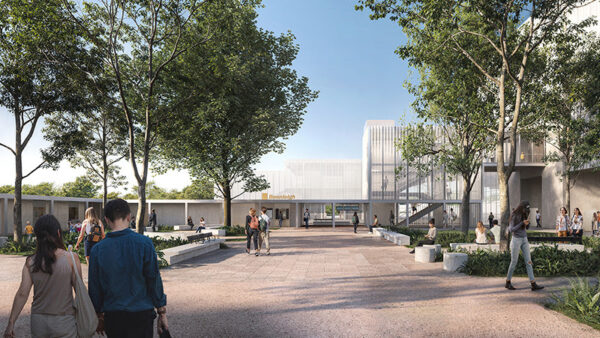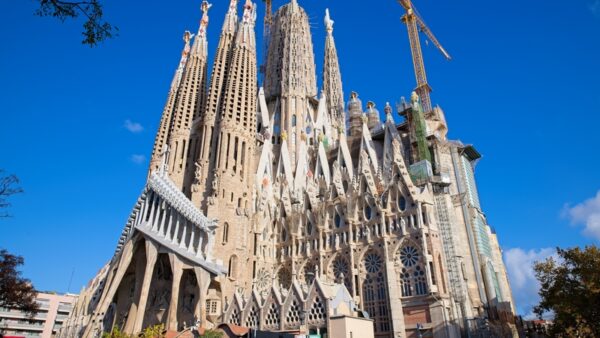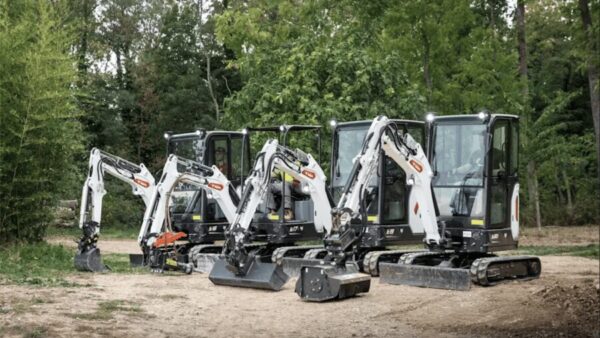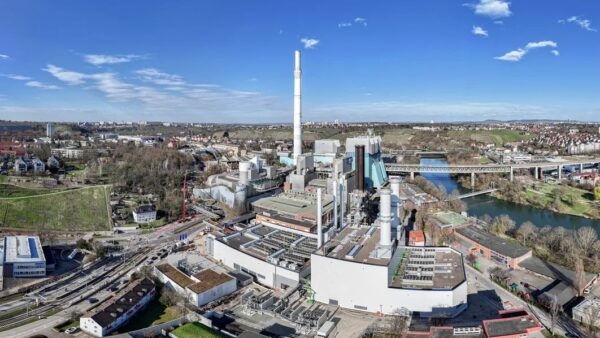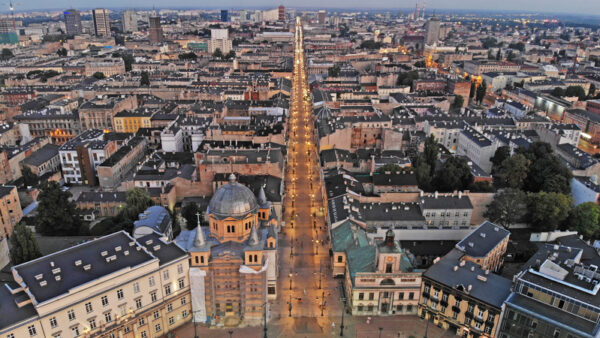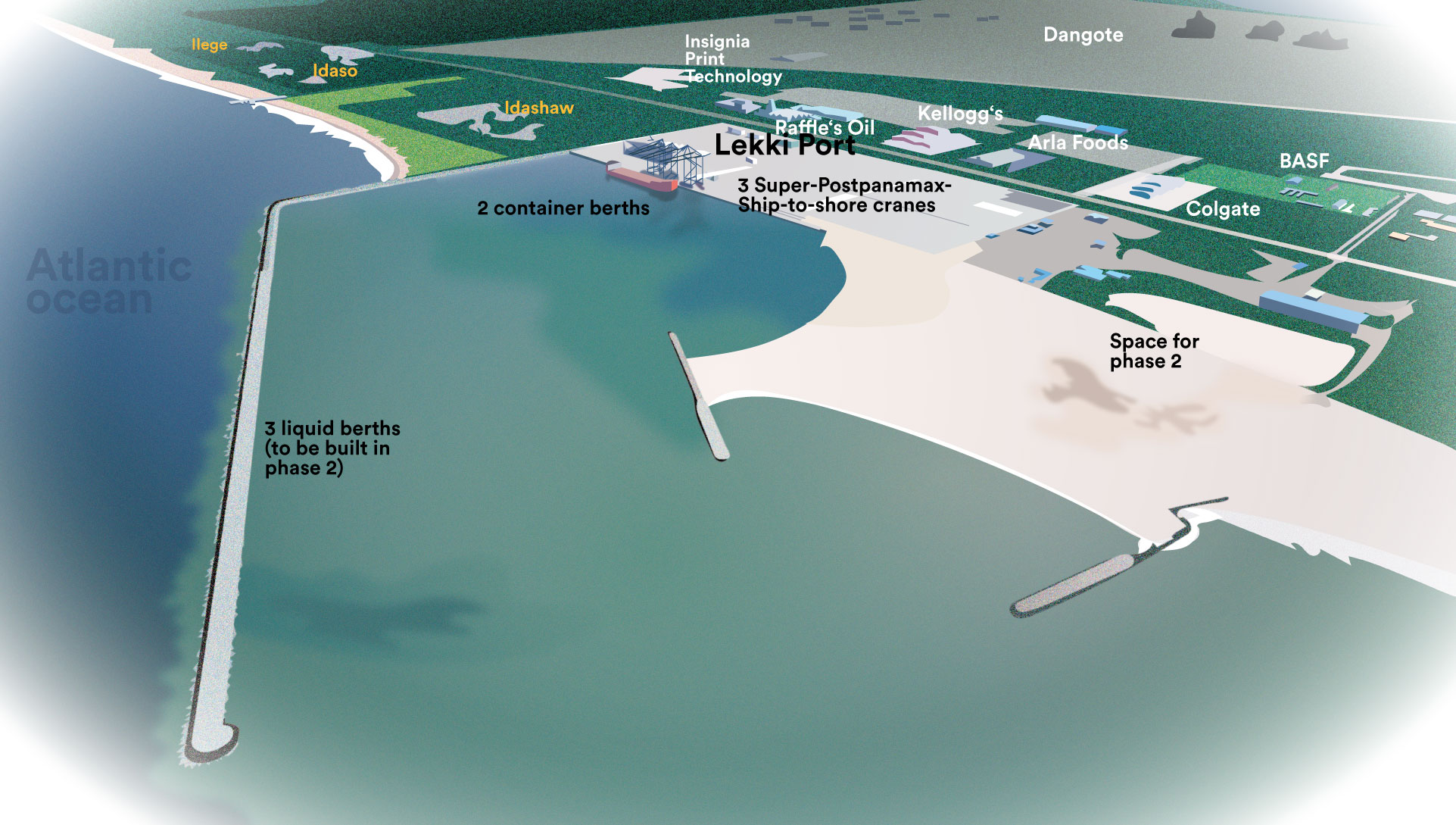
Nigerian president Muhammadu Buhari yesterday cut the ribbon to open Lekki Deep Sea Port, the first phase of which was completed in November at a cost of around $1.5bn. As part of the ceremony, the cargo ship Mozart, owned by French shipping company CMA CGM, unloaded its containers.
Buhari said the port would be “a game-changer that would redefine maritime activities in Nigeria and the entire West African sub-region”.
The project was funded by the Federal Government through the Nigerian Ports Authority, and by Lagos State Government, Singapore’s Tolarams Group, which owns the Lagos Free Zone, and China Communications subsidiary China Harbour Engineering.
The port is located about 40km east of Lagos, Nigeria’s commercial capital. Speaking at the event, Babajide Sanwo-Olu, the governor of Lagos State, commented that “the vessels that will berth at the port would be four times the size of vessels that currently berth at Apapa and Tin Can Island Port”.
“We are excited that … something fresh has been birthed in this country and it is going to generate thousands of direct and indirect jobs,” he said.
Nigerian transport minister Muazu Sambo praised the relatively short planning, design and construction period as a testament to the “effectiveness of tenacious ministerial supervision, strict regulatory oversight and strong presidential backing.”
He noted that the letter of intent for the project was signed as recently as April 2019.
The project was carried out under China’s Belt and Road initiative. Ciu Jianchun, the country’s ambassador to Nigeria, noted that it had been carried out by a multinational team. He said: “This project is a joint venture between China, Nigeria and Singapore, and is run by a French company. The model of ‘five parties from four countries’ is a way of taking advantage of the wisdom and strength of all parties.”
He pledged that China would promote this business model to pursue “win-win outcomes”, particularly to the development of Nigeria’s economy. China Harbour will retain a 52.5% stake in the port’s operating company, which Ciu said was a sign that China was moving from EPC contractor to strategic investor.
The Nigerian government said the public–private partnership was critical to the success of the project while calling for more initiatives as it seeks to expand trade. The government is planning for the construction of five more deep sea ports.
The first phase included a 8km-long navigation channel, a 600m turning basin, a 19m draught, as well as a breakwater and berths.
The container terminal consists of three berths at a nearly 1.2km quay and a container storage yard with more than 15,000 slots. It is the first Nigerian port with ship-to-shore super-post-Panamax cranes and is fully automated.
The container port has the capacity to handle an annual throughput of 2.7 million twenty-foot equivalent containers, making it a large port by present African standards.
Further reading:





